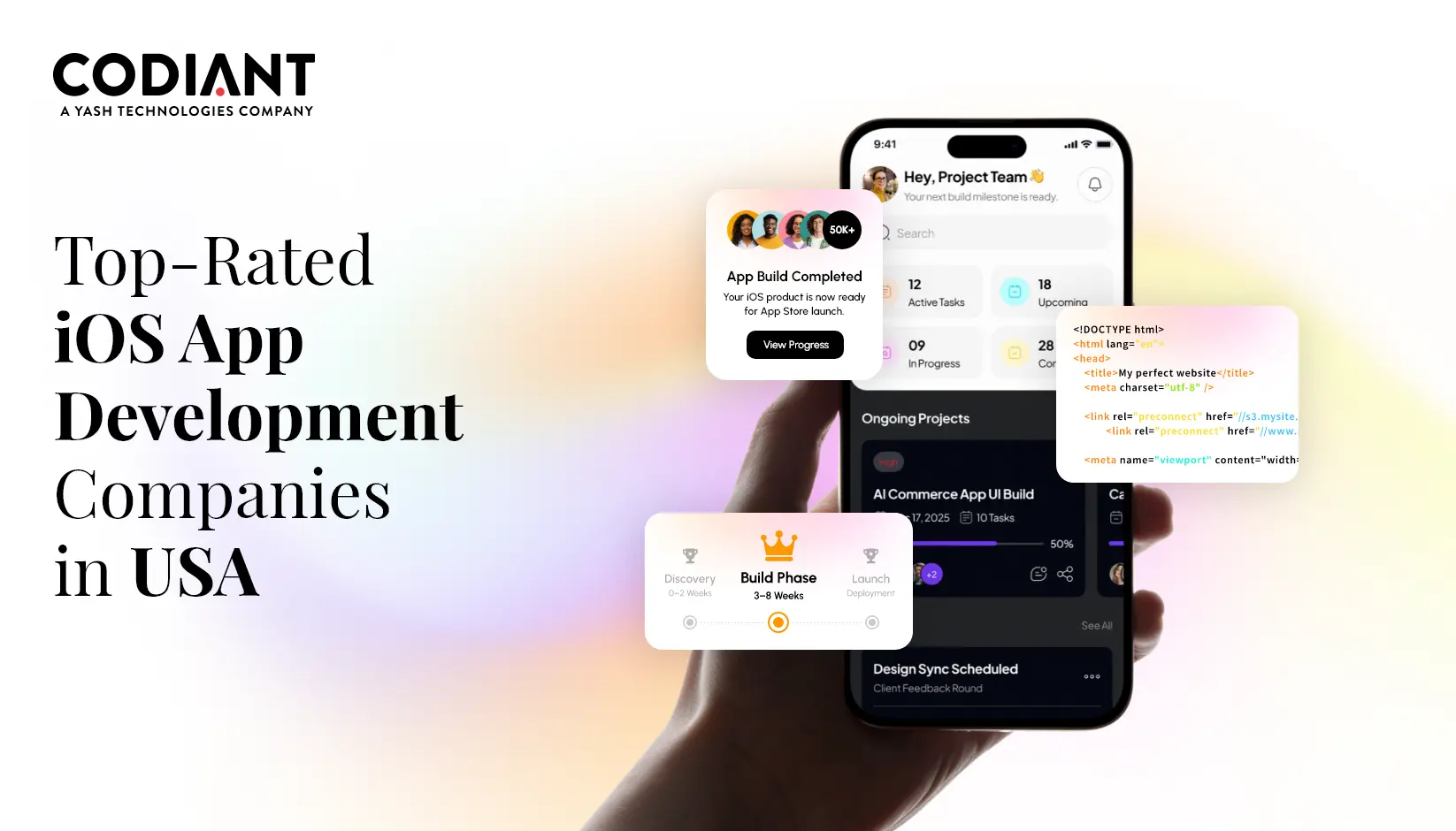What Is HIPAA Compliance and Why Is It Important For Healthcare Organizations?
Table of Contents
Subscribe To Our Newsletter

Healthcare is important. But safety and data security are more important than ever- to the healthcare industry and the world in general. Increasing data breaches compromising confidential healthcare data led United States President Bill Clinton, in August 1996, to sign into law the Health Insurance Portability and Accountability Act (HIPAA) to promote the secure transfer of patient information.
To primarily address two main issues;
- Insurance coverage for individuals who are between jobs
- Prevent healthcare fraud and ensure all protected healthcare information is secured and restrict access to health data only to authorized individuals.
It was that time when HIPAA stated that the Secretary of Health and Human Services (HHS) had to publicize official standards for the electronic exchange, privacy, and security of health-related information. These orders’ implications turned out to have benefits for healthcare organizations and patients at large.
Why Is HIPAA Important For Healthcare Organizations?
HIPAA introduces a range of benefits for healthcare organizations to safeguard patients’ sensitive health data and protect the privacy, security, and integrity of Protected Health Information (PHI), but the essential ones all boil down to Data Security.
Here are the key benefits:
- HIPAA aims to ensure complete privacy and confidentiality, thus, reducing fraudulent activity and improving data systems.
- HIPAA ensures that protected health information is shared securely and that the right people at the right time have access to necessary data to do their jobs efficiently.
- HIPAA has helped to improve efficiency and streamline administrative healthcare functions.
- Transitioned all the paper records to electronic copies of health information.
- It helps in the seamless transfer of electronic health information between care providers, health plans, and other entities.
Why is HIPAA Critical for Healthcare Organizations in the US?
Since HIPAA is a US regulation, thus healthcare providers in the US must adhere to the federal law of HIPAA. All healthcare providers, healthcare plans, and healthcare clearinghouses and business associates must meet HIPAA requirements. And/or the software, desktop as well as mobile healthcare applications must be HIPAA compliant. If they don’t, it might cost them a fortune.
A list by the Compliancy Group explains the fines imposed by HHS office for HIPAA violation. Which, thereby, mandates healthcare providers to adhere to stringent data security protocols and ensure compliance with the established protocols.
This is why the healthcare industry in the US is among the most regulated industries w.r.t. data security.
In the UK and the NHS, this is called as Data Protection Act. Which demands, applications developed in the UK or anywhere in the European Union must be GDPR compliant. Although GDPR is not restricted to healthcare, it does bring in regulations and protects consumers stricter than HIPAA.
Why Is HIPAA Important For Patients?
HIPAA brings a line of benefits for patients, of which, protecting sensitive data is of utmost importance. As it ensures that any information disclosed to healthcare providers, created, stored and transmitted by them cannot be shared with anyone who doesn’t exercise rights to own them. Thus, imposing strict security controls over information like patient data, health plans, etc. In addition, patients have full rights and control to monitor with whom their data has been shared.
A glance at key essential benefits of HIPAA for patients:
- HIPAA secures private data of patients like personal details, billing records, and other EHR records from identity theft.
- Gives patients access to their medical records.
- Provides patients confidentiality with PHI.
- OR Gives patients full control over with whom their information is released/shared with.
For specific guidelines, head on to the official HIPAA site — a useful resource from the U.S. Department of Health & Human Services.
How Codiant Can Help?
- At Codiant, we can help you in building HIPAA Compliant healthcare applications including mHealth apps and telemedicine apps.
- In our HIPAA-compliant healthcare application development, we help organizations implement technical, physical, and administrative safeguards as laid under the HIPAA Security Rule.
- Leverage our vast experience in developing well-regulated and compliant healthcare apps, as we have developed a slew of GDPR and HIPAA-compliant telemedicine apps in the UK and USA successfully.
Need Help? Talk to our healthcare experts. They will provide you a future roadmap to develop a custom solution with us and will demonstrate how to create a robust healthcare and telemedicine app designed specifically for your healthcare organization.
Featured Blogs
Read our thoughts and insights on the latest tech and business trends
Top iPhone App Development Companies in USA in 2026
- February 18, 2026
- Mobile App Development
In a Nutshell The USA remains one of the strongest hubs for premium iPhone app development in 2026, especially for fintech, healthcare, retail, and SaaS brands. Choosing the right iOS partner goes beyond portfolios; the... Read more
How to Choose the Right AI Development Partner in the USA (Enterprise Guide 2026)
- February 12, 2026
- Artificial Intelligence
In a Nutshell Enterprise AI success starts with clear business goals, not vague plans like “we need AI.” The best AI development partners deliver real production systems, not just impressive demos or prototypes. Industry alignment... Read more
How AI Is Transforming Transport & Logistics Operations in Real Time
- February 10, 2026
- Artificial Intelligence Logistics & Transportation
In a Nutshell: AI in transport & logistics is enabling faster, smarter decision-making across fleets, warehouses, and supply chains. Real-time logistics optimization improves route planning, dispatching, and delivery efficiency as conditions change. AI-driven forecasting and... Read more





